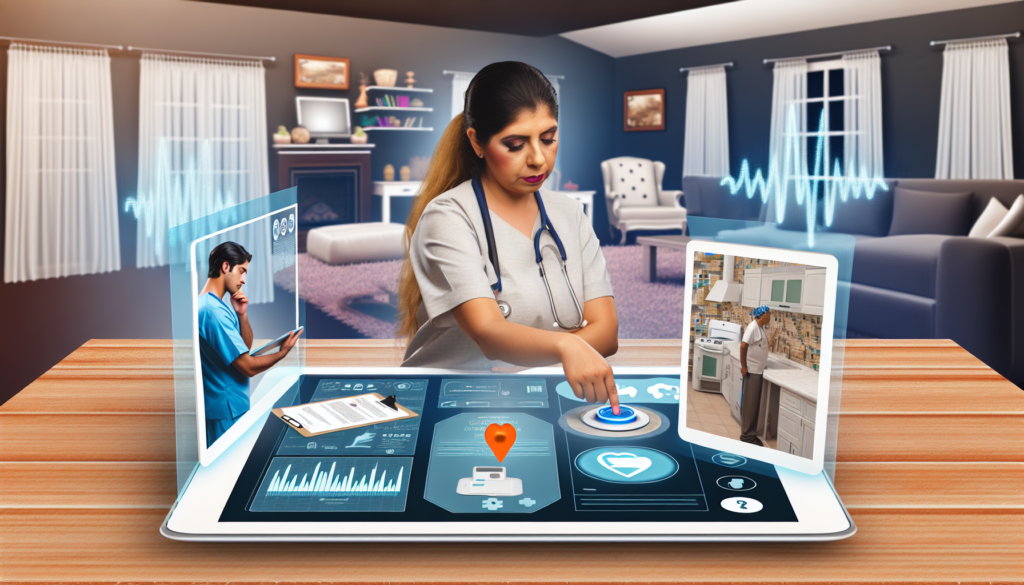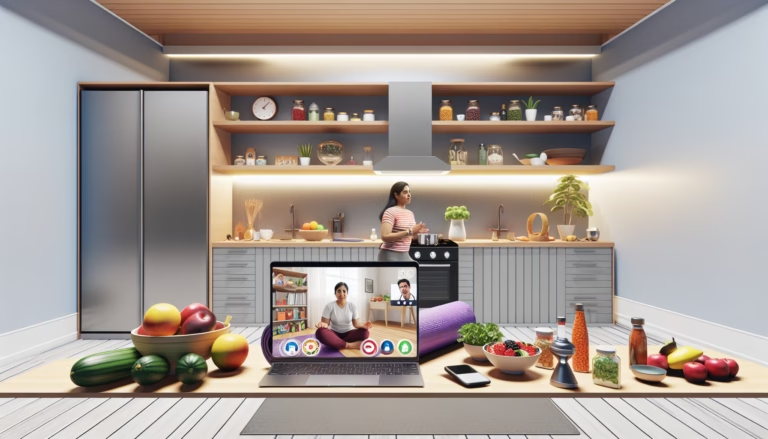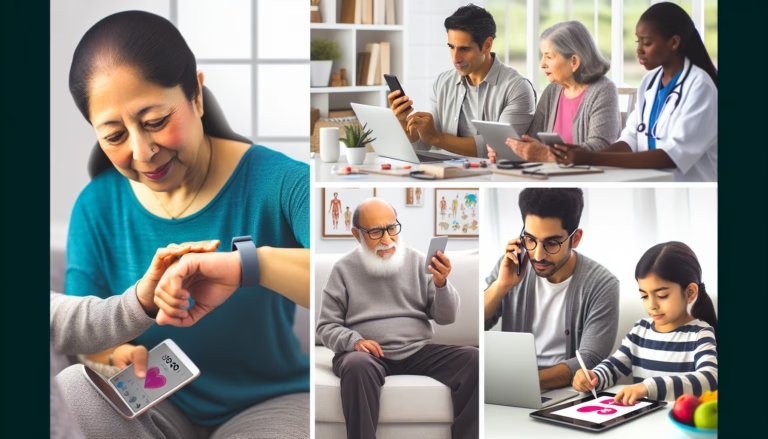With the rise of chronic conditions and the increasing number of individuals receiving care at home, understanding home healthcare services and managing one’s health has become crucial. In this context, health informatics plays an integral role. As defined by the U.S. National Library of Medicine, health informatics is the interdisciplinary study of the design, development, adoption, and application of IT-based innovations in healthcare services delivery, management, and planning. In this article, we will delve deep into the significance of health informatics in home healthcare.
The transformative role of Health Informatics
Health informatics, a discipline at the intersection of informatics, healthcare and health information technology, is gaining substantial attention due to its potential to bring about a radical change in healthcare delivery. Often, the term is used interchangeably with ‘healthcare IT’. Yet, health informatics goes beyond just technology – it also encompasses theory, task coordination, and the human interaction necessary to manage, analyze, and disseminate health information effectively.
Health Informatics in Home Health Care
So, how does this tie into home healthcare? The key is the seamless integration of data, information, knowledge and wisdom that health informatics brings to the table. In home health care, this could manifest in several ways.
- Decision Support Systems: These systems provide health professionals with comprehensive patient data to inform their medical decisions. As a result, they help improve patient outcomes. For a patient receiving home health care, a decision support system can relay vital information and create a holistic picture of their health status for their care provider, assisting them to make informed decisions.
- Personal Health Records: Health informatics simplifies record-keeping with electronic health records that replace traditional paper filings. Easy access to patient records paves the way for better coordination between different care providers, increasing the overall quality of home healthcare.
- Telehealth: With the advent of digital communication technologies, telehealth has become a reality. Patients can now receive remote medical services right in their homes. This is especially beneficial for those with mobility issues or residing in remote areas.
The Takeaway
Health informatics holds immense potential to streamline healthcare delivery, reduce errors, and amplify patient engagement – benefits that are extremely valuable in a home health care setup. By embracing this technology, we can foster a healthcare system that is patient-centered, efficient, and delivers quality care irrespective of the setting.
The future of home health care, in many ways, is interwoven with the advancement of health informatics. As we continue on this journey, let’s keep the conversation going on the ways informatics can benefit home health patients and providers alike. Stay updated with our blog for more insights and findings in the field of health and wellness.



